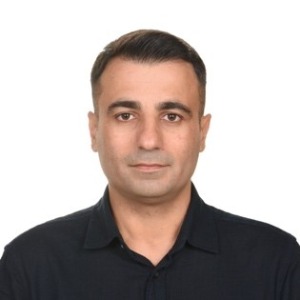Title : Effects of pulmonary rehabilitation on quality of life in chronic respiratory diseases: Current evidence, sssessments, and clinical practice
Abstract:
Pulmonary rehabilitation (PR) has gained increasing importance as a multidisciplinary approach in the management of chronic respiratory diseases. In conditions such as chronic obstructive pulmonary disease (COPD) interstitial lung diseases, and bronchiectasis, PR has been shown to provide substantial benefits in alleviating symptoms improving exercise capacity and enhancing health-related quality of life (HRQoL). While traditionally delivered in center-based programs recent years have witnessed the growing implementation of home-based and telerehabilitation models. Evidence from the literature indicates that these alternative modalities can yield comparable improvements in quality of life to those achieved with center-based interventions.
The effectiveness of PR is commonly assessed using quality of life measures such as the St. George’s Respiratory Questionnaire (SGRQ), Chronic Respiratory Questionnaire (CRQ), COPD Assessment Test (CAT), and SF-36, alongside functional parameters including the 6-minute walk distance (6MWD) the modified Medical Research Council (mMRC) dyspnea scale and respiratory muscle strength testing. Current evidence demonstrates that PR leads to clinically meaningful improvements in quality of life, increases exercise tolerance and enhances symptom control. However significant changes in pulmonary function tests are not consistently observed, highlighting that the primary benefits are more closely associated with subjective symptoms and functional capacity.
Additional components such as inspiratory muscle training (IMT), patient education, and psychosocial support further strengthen the impact of PR. IMT in particular has been reported to provide additional benefits in patients with weakened respiratory muscle strength. Telerehabilitation and digital applications improve accessibility enhance patient adherence and have emerged as important alternatives in the post-pandemic era.
In conclusion PR represents an effective intervention for improving quality of life in the management of chronic respiratory diseases. Exercise-based programs provide the core benefits, while adjunctive components such as IMT and education reinforce effectiveness. Future research should focus on sustaining long-term outcomes standardizing telerehabilitation practices and identifying optimal intervention models tailored to specific patient subgroups.
Keywords: pulmonary rehabilitation, quality of life, COPD, telerehabilitation, inspiratory muscle training)


